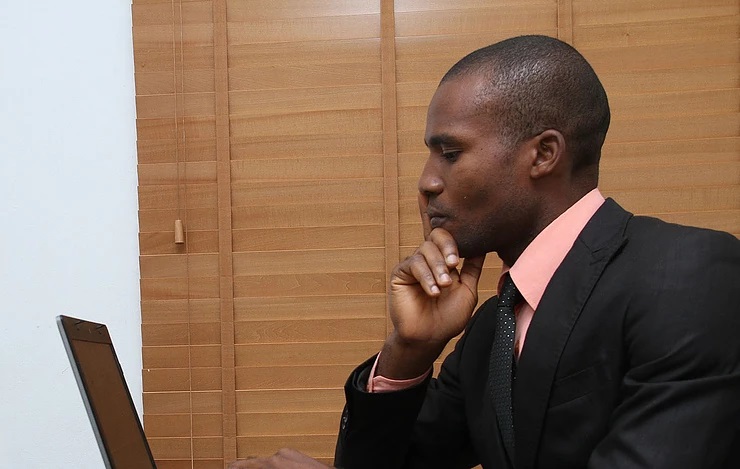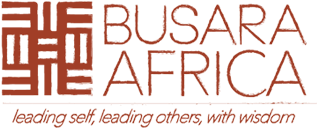
We are in the middle of a banking crisis in Ghana! We have been presented with various nightmarish accounts of the flagrant abuse of the tenets of corporate governance and ethics as well as greed and impunity. All of which have led to the collapse of 5 five banks (7 if we count the 2 from last year). In addition, there has been the sacking of the Minister of Energy for his purported role in an energy contract that would have cost the country millions of dollars. On the basis of facts presented to the public domain, it is clear that the common theme behind all these stories is the clear lack of integrity.
The public attitude and discussions around these issues is highly instructive. In the case of the banking sector, people seem to be dismayed, but not entirely surprised, by the blatant violations of basic corporate governance principles by assorted CEO’s and Board members. We have in the past, expected very little from our leaders when it comes to ethics. This time, however, it seems to be different. People seem to be fed up and utterly outraged. They are demanding that heads roll through due process of law. They are demanding that criminal charges be brought against some of the CEO’s and Board members. Even more importantly, they are saying that the rich and powerful should no longer be protected from compliance with the law. The law must be seen to be applied equally.
I am excited by these strident demands for more integrity in the way we lead. Banking is not the only industry or sector in Ghana with common unethical practices. Many of us work in companies and organisations where corruption exists in many forms. It occurs where kickbacks, nepotism, fudging the numbers and taking your cut are norm. It is even worse, however, when those occupying positions of leadership are the main culprits. This is because the actions and
inaction of leaders define what is acceptable or not in an organization. Demands to see more integrity in leadership are not unique to Ghana.
This week in Kenya, two senior government officials were charged with fraud in the building of a $3.2 billion Chinese-funded railway line. I suspect that many Africans are getting fed up with the excesses of leaders, as it is they, the tax-paying public, who end up bearing the gargantuan costs of these corrupt practices. The costs are not only in the quantum of monies thrown at these unethical and sometimes criminal activities, the costs occur in the opportunity cost of undeveloped infrastructure, inadequate hospitals, inequitable educational systems, etc.
So, what have we learned from these recent events in Ghana and elsewhere? We have seen that if you are in a position of leadership with a penchant to cutting corners and padding the figures because everyone else is doing it, your days could be numbered. As happened to some of the banking leaders, you may be called to answer when the cries for accountability drown out the clangor of those who hide in plain site and act with impunity. Your influence and credibility will
diminish as followers demand more from you, as their leader. Your connections and your money will not shield you.
If you are not yet in a position of leadership, it is never too early to learn how to work hard and progress with integrity. In many organisations, it is not easy to work in alignment with your values. It is about difficult decisions and choices you make at each moment. It is about knowing your values and being willing to stand by them even when it is not popular or may cost you in the short term.
I don’t by any means think that issues around ethics and integrity in leadership on this continent are easy to address. However, I do believe we should use this moment as an opportunity to take a hard look in the mirror and reflect how each of us can bring more integrity into the leadership we offer at various levels within our respective spheres of influence.
